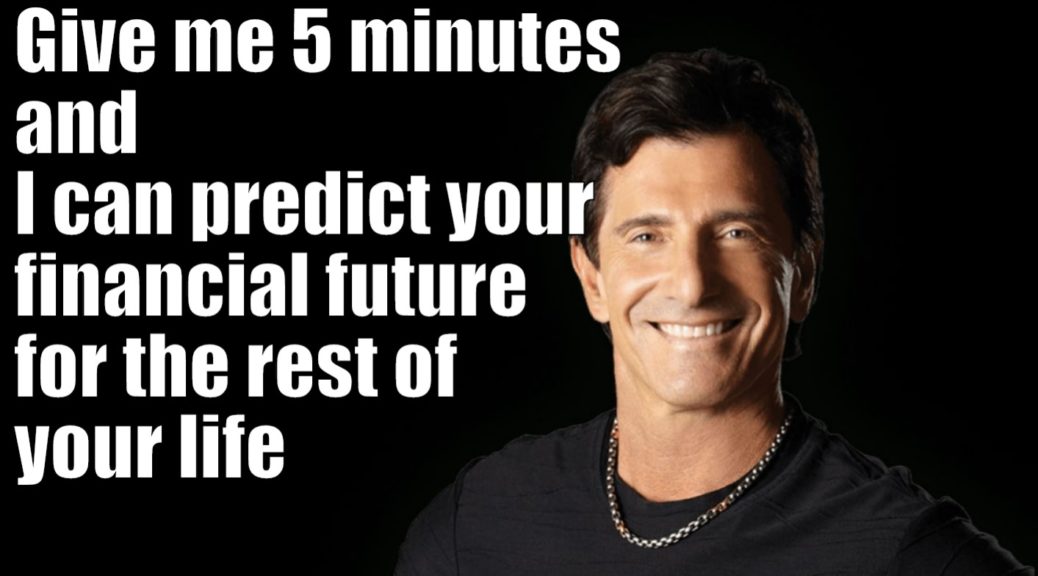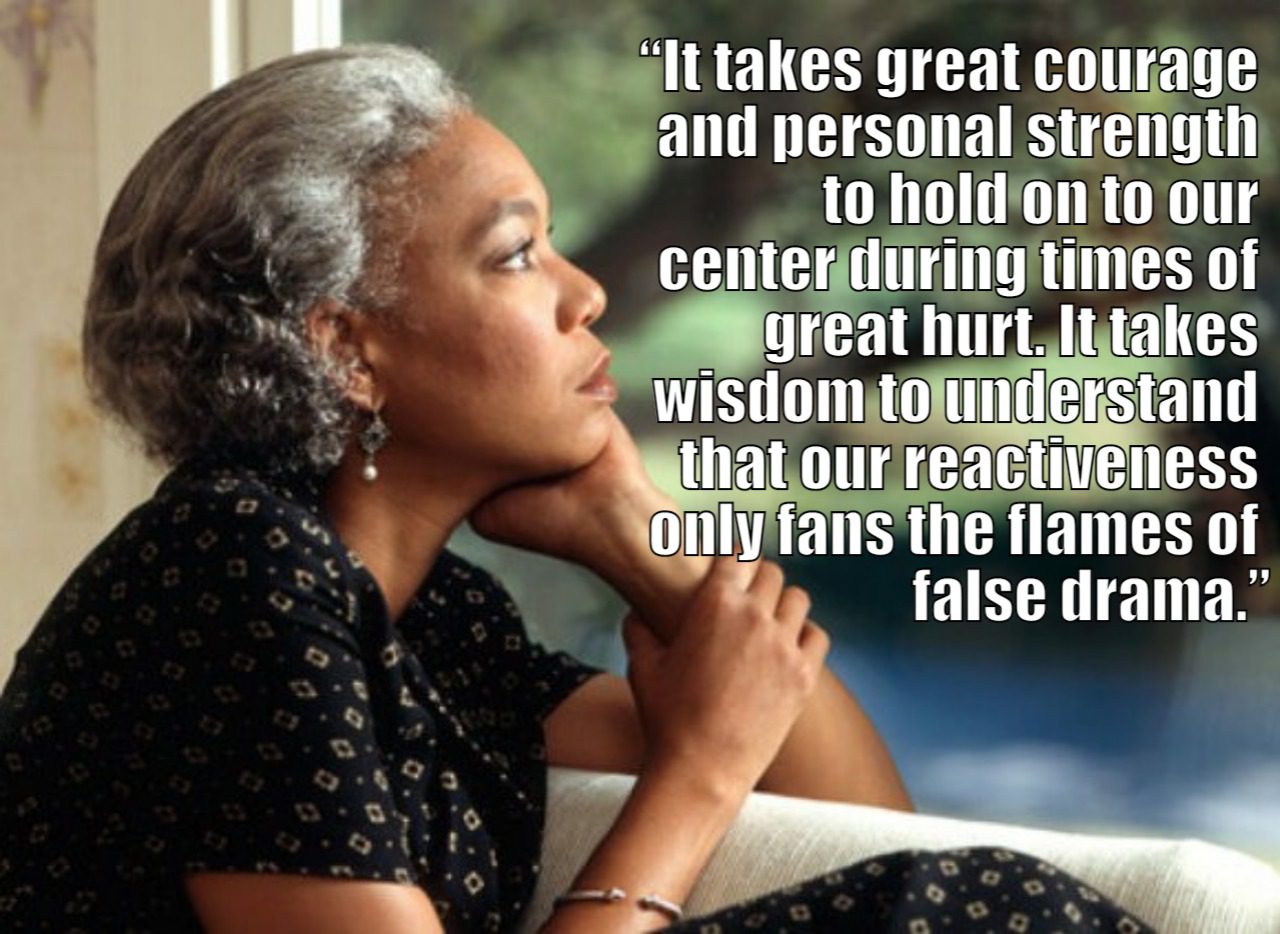Context, Mindset, Backdrop… why should you care?
This is going to be a mind-bender, and at the end of it you’ll come up a lot smarter, and with a lot more power over your life… interested?
It is all about mindset! Context is decisive… and what the heck is a backdrop?
Let’s start with backdrop. Why? Because it’s the easiest to see what’s going on.
I say that the backdrop is more important than what happens in the foreground.
Someone says something to you and you are hurt.
Your boss assigns someone else to an important assignment.
Your experiment at making money with your first product is a flop.
You continually have trouble and emergency in your life.
The above statements are the foreground.
Depending on your mental attitude (mindset) you say it’s bad, or it’s good, or you have no opinion.
So far so good… are you still with me? Good.
Read the rest of the article










